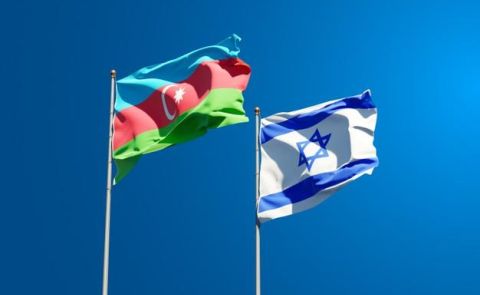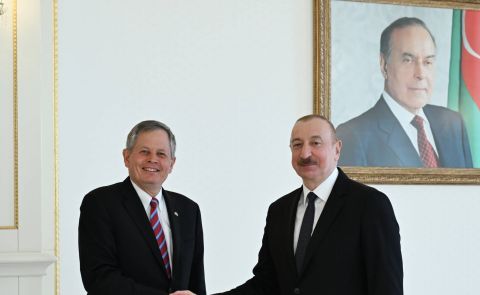
Russia expresses concerns over Lugar Center
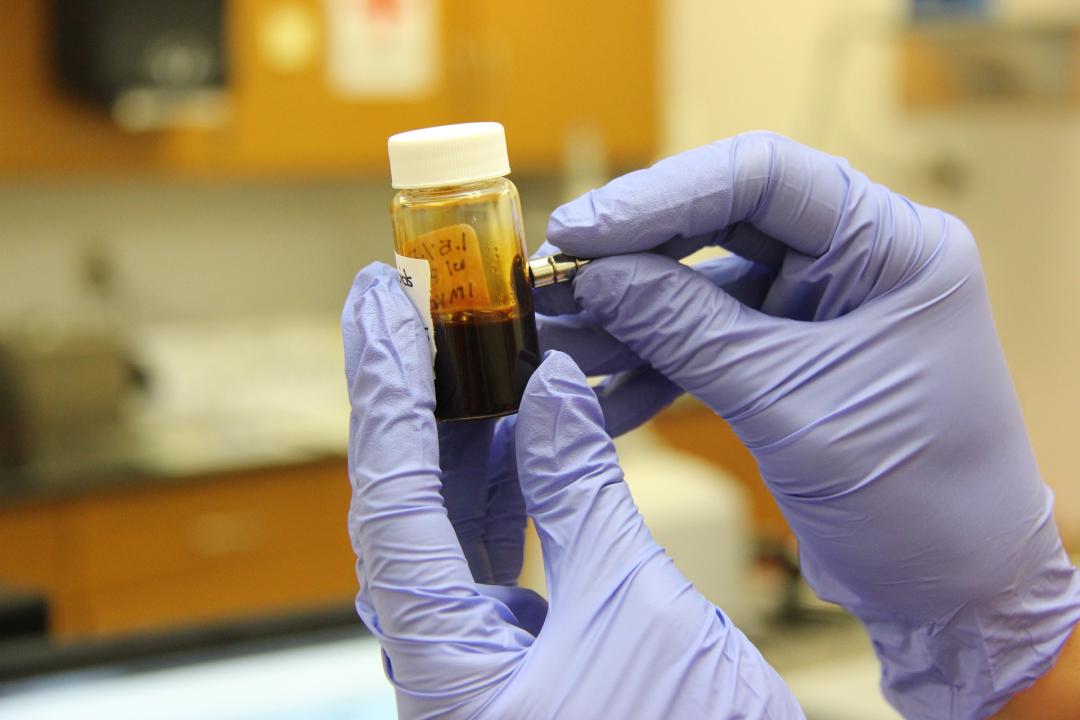
On 26 May, the Russian Foreign Ministry issued a statement expressing its concerns over the US-funded medical laboratory in Tbilisi, the Lugar Center, noting that the Center’s compliance with the Biological Weapons Convention “raises questions.”
“Despite our requests, the United States does not provide information on the dual-use activities carried out there, both in terms of confidence-building measures under the Convention on the Prohibition of Biological and Toxin Weapons (BTWC), and through bilateral channels. The subject of our concern is that Washington does not explain what it is doing in the immediate vicinity of Russian borders,” the statement emphasized.
The Russian MFA added that it seeks to organize a visit of Russian experts to the Lugar Center only in case they are allowed to access all laboratory buildings “including the premises occupied by the American specialists.” It added that Russia will continue working with the U.S. and Georgian authorities to “obtain answers” to their questions. Noting that “Russian officials and public figures” were pointing out the lab activities, the Russian MFA said that the Lugar Center “carries out studies on the use of insects as carriers of especially dangerous biological agents and pathogens of infections.” Moscow also pointed out that the USA had already patented an unarmed aerial vehicle for the spread of infected mosquitoes in the air which was against the spirit of the Biological Weapons Convention.
On 21 May, the de facto government of Tskhinvali (South Ossetia) accused Tbilisi and the European Union Monitoring mission (EUMM) of “secretly collecting biological materials of the Tskhinvali people, which serves the goal of continuing the genocide over them” and transporting those materials to the Lugar Lab. The Georgian MFA replied that Russia continues its “disinformation campaign” against the Lugar Center and that through the use of “fabricated propaganda myths” was trying to attack the laboratory (Caucasus Watch reported).
The Russian concerns on the Lugar Center began as early as 2012, getting more vocal in 2018 from General Igor Giorgadze, a former Georgian Minister of State Security who resides in Russia. Giorgadze claimed that documents he received from “friends” in Georgia showed the death of some 191 people, whom the Lugar Center had allegedly used as test subjects for developing biological weapons during 2015–2016.
In 2018, Georgia allowed some Russian media representatives to film the work being done at the Lugar Center and interview the personnel. However, the Russian government’s request of unlimited access to all units of the laboratory was reportedly denied.
The Lugar Research Center is the result of a series of biodefense cooperation agreements signed by the US and Georgian governments between 1997 and 2002. It was first opened in 2011 and became fully operational in 2013 and, following a US government investment of $350,000, its ownership was entirely transferred to the Georgian government in 2018. Today, the Center is operated by Georgia’s National Center for Disease Control and Public Health (NCDCPH) and serves as a reference laboratory for the country’s public health system. Some limited space at the Center is presently occupied by the US Army Medical Research Directorate–Georgia (USAMRD-G). USAMRD-G representatives say that the Lugar Center is the sole research laboratory in the South Caucasus that is Biosafety level-3 certified—that is, capable of working with microbes that can cause potentially lethal disease following inhalation. Over the past several months, the Lugar Center has been instrumental in Georgia’s fight against Covid-19. The diagnostic tests conducted at the laboratory are unanimously acknowledged as the most reliable in the country. Moreover, the Georgian authorities have particularly praised the highly accurate medical recommendations the Lugar Center issued for managing the pandemic.
See Also

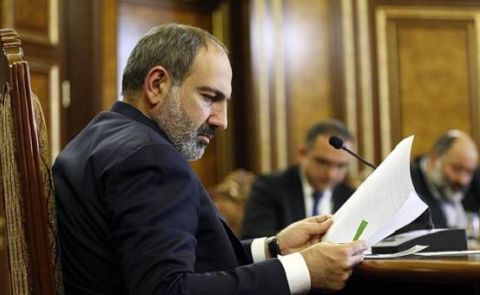
Pashinyan Commemorates First Republic Day, Highlights Progress in Sovereignty and Peace Efforts
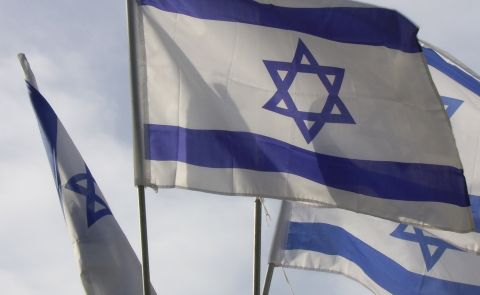
Israeli Ambassador to Armenia Acknowledges Challenges but Optimistic About Future Armenian-Israeli Cooperation
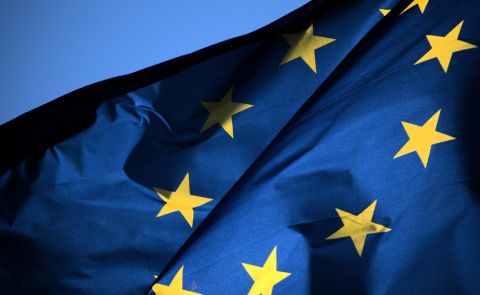
EU Plans Closer Cooperation with Azerbaijan, Georgia, Türkiye, and Other Black Sea States
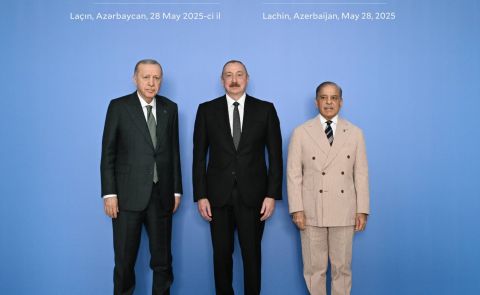
Azerbaijan, Türkiye, and Pakistan Highlight Growing Strategic Cooperation at Lachin Summit
